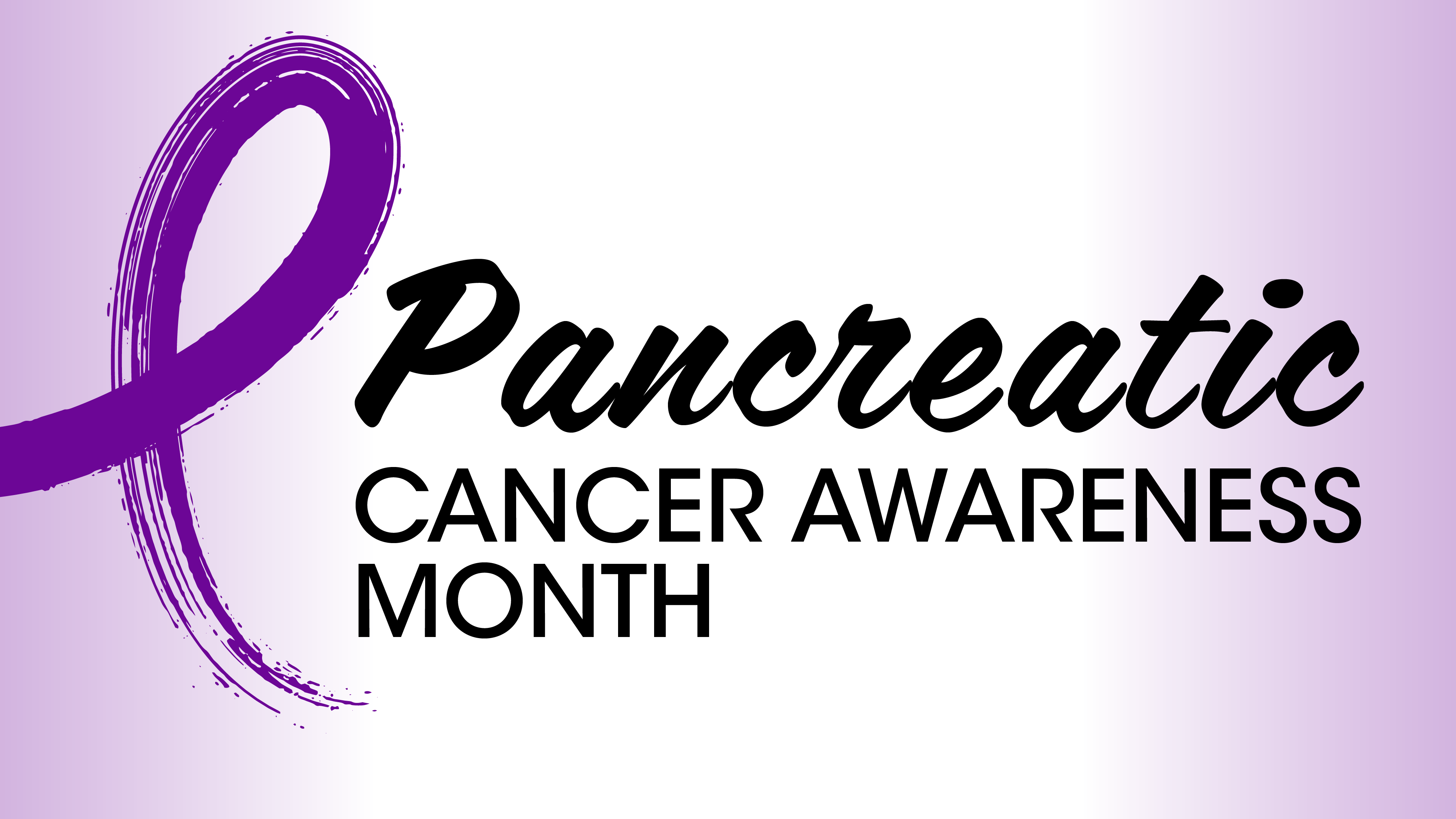
Upamostat Combo Demonstrates Tolerability in Metastatic Pancreatic Cancer

No dose-limiting toxicities were observed with upamostat combination therapy in patients with metastatic pancreatic cancer.
Upamostat (LH011) plus gemcitabine (Gemzar) demonstrated manageable safety and tolerability in a small cohort of patients with locally advanced unresectable or metastatic pancreatic cancer, according to data from a phase 1 study (NCT05329597) published in Cancer Medicine.
Safety findings from the phase 1 dose-escalation trial showed that no dose-limiting toxicities (DLTs) were observed at the dose levels of 100, 200, or 400 mg once daily. Additionally, 3 serious adverse events (SAEs) occurred at the 100 and 200 mg doses, although these occurred beyond the DLT observation period. Furthermore, the maximum tolerated dose (MTD) was not found, with DLTs remaining absent when escalated to 600 mg.
Additional findings reveal that treatment-related AEs were observed among all safety evaluable patients (n = 17). Across dose levels, the most common AEs were hematological, which included leucopenia (any grade: n = 13; grade 3 or 4: n = 5), neutropenia (n = 13; n = 6), thrombocytopenia (n = 11; n = 4), and anemia (n = 14; n = 3). Furthermore, common non-hematological AEs included nausea (any grade: n = 3), vomiting (n = 6), diarrhea (n = 4), constipation (n = 4), sinus bradycardia (n = 5), chest distress (n = 4), and rash (n = 5).
“Safety data reveal manageable hematological toxicities primarily attributable to gemcitabine, with sinus bradycardia possibly associated with upamostat,” Xiuping Lai, investigator of the Phase I Clinical Trial Center at Sun Yat-sen Memorial Hospital, wrote in the publication with study co-investigators. “Notably, no [DLT] events occurred across all dose groups in our study, indicating the safety and tolerability of LH011, consistent with previous findings. Based on the combined pharmacokinetic (PK) and safety data, [they] suggest that either 200 mg or 400 mg may represent the optimal dose.”
The phase 1 single-arm, dose-escalation trial, which sought to determine the MTD of upamostat combined with gemcitabine, enrolled 17 patients between May 2020 and November 2022, all of whom received at least 1 dose of the investigational therapy. In total, 3 patients received 100 mg, 3 received 200 mg, 6 received 400 mg, and 5 received 600 mg. Furthermore, 16 patients completed 2 dosing cycles and a 49-day follow-up, with 6 patients opting to continue treatment under medical consent due to stable tumor assessments.
Under fasting conditions, upamostat was given orally at escalating doses once daily for 28 days, with 240 mL of water. For the first 7 days, patients were administered upamostat monotherapy, followed by 21 days of the combination treatment. Gemcitabine was added on days 8 and 15 at a dose of 1000 mg/m2, with subsequent cycles consisting of daily upamostat with gemcitabine administered on days 1 and 8. A standard 3+3 dose-escalation method was used.
The median patient age was 62 years, 12 patients were male, and 5 were female. Two patients had an ECOG performance status of 0, and 12 patients had prior chemotherapy exposure, which included 7 who received prior gemcitabine.
Efficacy findings revealed that tumor response did not differ significantly between dose levels. During the main research period, defined as the first 49 days of follow-up, 12 patients (70.6%) experienced stable disease, 4 (23.5%) experienced disease progression, and 1 patient withdrew from the study following a SAE on day 47. Although no patients experienced a partial response, 9 (52.9%) experienced tumor shrinkage, which included 1 patient with a 28.13% reduction.
Reference
Lai X, Cheng D, Xu H, et al. Phase I trial of upamostat combined with gemcitabine in locally unresectable or metastatic pancreatic cancer: safety and preliminary efficacy assessment. Cancer Med. 2024;14(1):e70550. doi:10.1002/cam4.70550
Newsletter
Stay up to date on recent advances in the multidisciplinary approach to cancer.





































